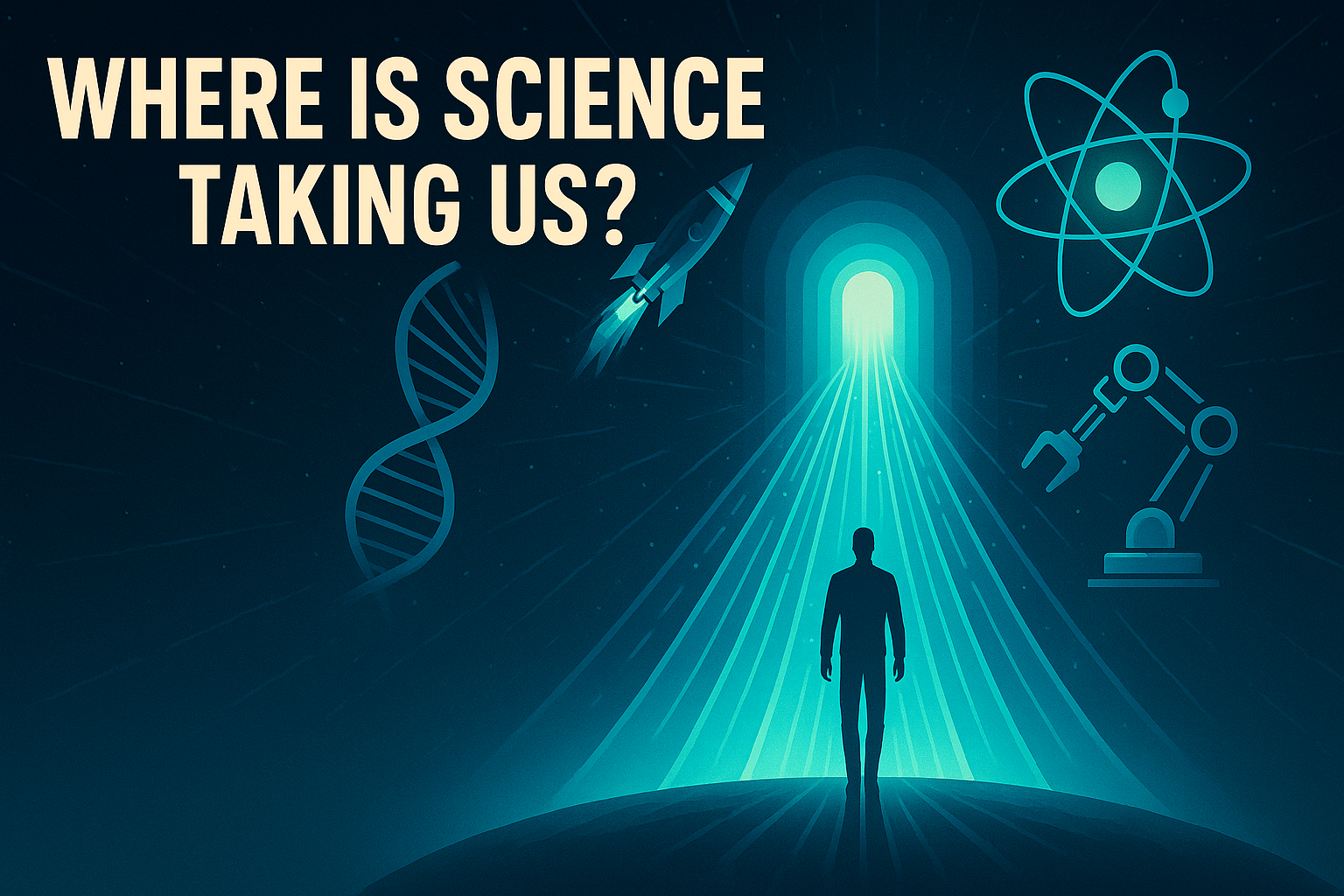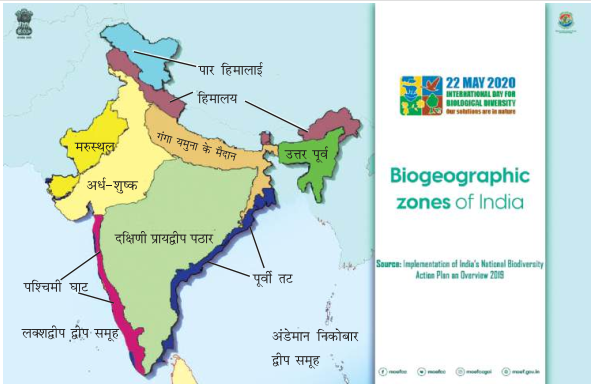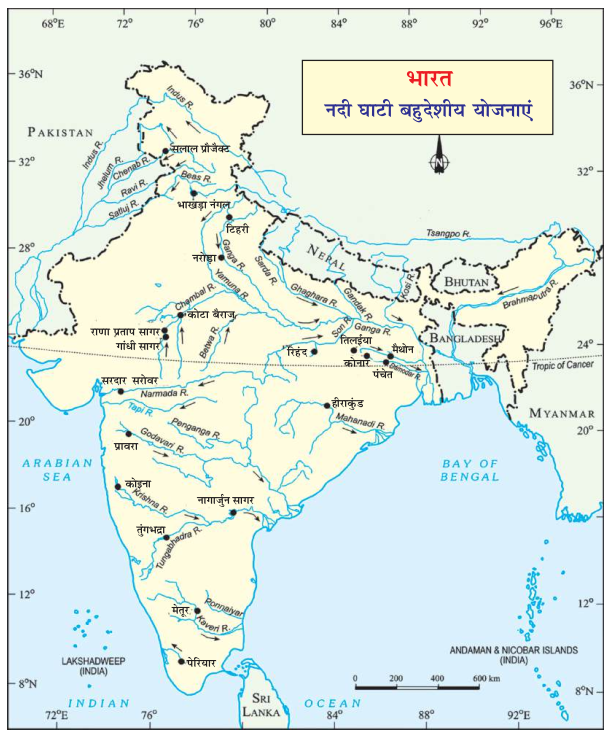
A. Comprehension Questions
(i) Answer the following questions in your own words :
-
Why does the author of ‘Where is Science Taking Us’ say that Science is doing less than nothing?
The author says science is doing “less than nothing” with regard to non-material (ethical and spiritual) values because its material teachings have been so over-emphasized that many people are left questioning these values, feeling like mere machines without control, thus diminishing their human spirit. -
What are machines doing for the humans?
Machines are ubiquitous; they help humans fly without wings, swim under the sea without gills, and kill fellow humans in overwhelming numbers. Petrol machines provide immense power, effectively giving each individual in busy countries hundreds of “human slaves.” -
What is the greatest triumph of Science?
The author suggests that the greatest triumph of science would have been to provide food, clothing, and shelter for the entire world’s population for the first time in history. -
What are the consequences of war?
War is described as the worst example where science has pushed advancements so far forward that ethics and morals are left “floundering hopelessly behind,” unable to cope with the destructive capabilities science has provided. -
“Today the upper age group is overcrowded.” Why?
The upper age group is overcrowded because modern drugs and medical advancements continually add to the average lifespan, leading to more people living to an older age. -
What has happened to the ethics and morals in the modern world?
In the modern world, especially due to rapid scientific advancements (e.g., in warfare), ethics and morals are “floundering hopelessly behind,” struggling to keep pace and provide guidance. -
What is really needed in the world today?
What is really needed today is not necessarily more world-shattering scientific discoveries, but a small advance in non-material human qualities like charity, understanding, forbearance, tolerance, justice, and mercy. -
Why does the author of ‘Where is Science Taking Us’ wish to live another hundred years?
The author wishes to live another hundred years because, despite the troublesome times, life is becoming more and more interesting, intriguing, and exciting.
(ii) Answer the following questions in about 50 words each :
-
List the material triumphs of Science and the non-material necessities to make the world a better place.
Material triumphs of science include machines that give us immense power (for flight, underwater travel, industry) and the potential to provide food, clothing, and shelter for all. However, to make the world truly better, non-material necessities like charity, understanding, forbearance, tolerance, justice, and mercy are essential, as these are qualities science itself cannot create or instill. -
What should be the ultimate aim of Science?
The ultimate aim of science should go beyond just material understanding and conquest. It should be the understanding of everything that makes life worthwhile and the enrichment of all that life means. This includes fostering human values and improving the quality of human existence in a holistic, not just material, sense.
B. Vocabulary Exercises
(i) Synonymns (rhyming with Column C)
-
fury – rage (page)
-
began – started (parted)
-
consequence – result (insult)
-
conquest – victory (history)
-
ethical – moral (oral)
-
apparent – obvious (tedious)
-
tolerate – bear (tear)
-
charity – donation (nation)
-
sufficient – enough (rough)
-
abolish – amend (mend) (Note: “end” is a better synonym, but “amend” fits the rhyme. “Abolish” means to formally put an end to.)
(ii) Match the words under A with their antonyms under B:
-
material – spiritual
-
forward – backward
-
necessary – unnecessary
-
creative – destructive
-
triumph – defeat
-
less – more
-
obvious – unclear
-
ultimate – initial
-
justice – injustice
-
improvement – deterioration
-
exciting – dull
(iii) Look at the italicized words… (compound words with over and under)
-
overcome / undergo (or undercome, less common)
-
overline / underline
-
overestimate / underestimate
-
overstatement / understatement
-
overcurrent / undercurrent
-
overarm / underarm
-
overdo / underdo
-
overground / underground
-
overpower (using pull as a base is tricky) / underpull (less common)
-
overage / underage
-
oversee (pants as a base is tricky) / underpants
-
overcharge / undercharge
C. Grammar Exercises
(i) Rewrite the following in Direct speech :
a. The minister said, “I have spoken about the rights of the citizens in a democracy. I must speak about the citizen’s responsibilities too.”
b. My mother advised me, “Don’t waste your time during the holidays. Do some useful reading.”
c. The school inspector said, “I have been very pleased with the school. I wish to congratulate the principal and the staff.”
d. The boys said to the teacher, “We haven’t understood the question. Please explain it once more.”
(ii) Change the voice in the following sentences :
-
He has passed the examination. -> The examination has been passed by him.
-
You must speak the truth. -> The truth must be spoken by you.
-
You should follow your uncle’s advice. -> Your uncle’s advice should be followed by you.
-
She can sing a song now. -> A song can be sung by her now.
-
Ram will pass the test. -> The test will be passed by Ram.
-
Why did you abuse him? -> Why was he abused by you?
-
I have to do it. -> It has to be done by me.
-
He will be arrested soon. -> (Already passive, implies an agent like ‘police’) Active: The police will arrest him soon. / Someone will arrest him soon.
-
She cannot tell a lie. -> A lie cannot be told by her.
-
This must be accepted. -> (Already passive) Active: One must accept this. / We must accept this.
(iii) Put the words in the brackets into the ‘be-going to’ form (Present Tense)
a. You (miss) your bus.
Ans. You are going to miss your bus.
b. The man with a brick in his hand (throw) it at the dog.
Ans. The man with a brick in his hand is going to throw it at the dog.
c. We are wearing red clothes and the bull (attack) us.
Ans. We are wearing red clothes and the bull is going to attack us.
d. I (not sleep) in this room, it is dirty.
Ans. I am not going to sleep in this room, it is dirty.
e. Due to some technical fault, the aeroplane (crash).
Ans. Due to some technical fault, the aeroplane is going to crash.
f. They (make) a lot of money out of this deal.
Ans. They are going to make a lot of money out of this deal.
g. I (collect) my new dress this evening.
Ans. I am going to collect my new dress this evening.
h. I’ve reminded you once ; I (not do) it again.
Ans. I’ve reminded you once ; I am not going to do it again.
i. He (smuggle) this gold out of the country.
Ans. He is going to smuggle this gold out of the country.
j. Look at the clouds. It (rain)
Ans. Look at the clouds. It is going to rain.
D. Pronunciation Practice
(This section requires you to say words aloud, focusing on the /i:/ vowel sound. No written answer is expected here beyond identifying the sound.)
E. Creative Writing and Extended Reading
(These are prompts for your own writing and activities.)
-
Write a short essay on any one of the following topics :
-
a. Science and Human Happiness: Consider how science improves material life but also how it might create new anxieties or fail to address deeper human needs for connection and purpose.
-
b. Advantages and Disadvantages of Science: List concrete examples for both sides – e.g., medicine, communication vs. weapons, pollution.
-
c. Your Idea of Happiness: Reflect on what truly brings you joy, peace, and fulfillment. Is it material, experiential, relational, or spiritual?
-
-
Discuss the following topics…
-
a. Is man really happier today than his forefathers?: Consider increased lifespan, comfort, access to information vs. stress, environmental concerns, social isolation.
-
b. Man today is not a master, but a slave of the machines: Think about our dependence on technology, addiction to devices, and how machines dictate our routines.
-
-
Put together your ideas on the following topic with the help of a table : Science (Advantages / Disadvantages)
-
Advantages: Medical breakthroughs, increased life expectancy, instant communication, access to information, efficient transportation, automation of labor, agricultural advancements.
-
Disadvantages: Weapons of mass destruction, pollution, climate change, ethical dilemmas (e.g., genetic engineering), job displacement due to automation, potential for misuse of technology (surveillance), over-dependence.
-
-
On the basis of the above ideas, sum up the topic “Science and Human Happiness”…
-
Science has undeniably added to material comfort and health, which can contribute to happiness. However, true and lasting happiness also depends on non-material aspects like human relationships, purpose, ethical living, and inner peace, which science alone cannot provide. A balance is needed.
-
-
(a) Chart: man can do vs. machines can do. (b) Debate: ‘We are happier than our forefathers.’
-
(a) Chart ideas:
-
Man: Creative thinking, empathy, love, moral judgment, complex problem-solving with intuition.
-
Machines: Repetitive tasks with precision, high-speed calculations, heavy lifting, operating in hazardous environments.
-
-
(b) Debate points:
-
For: Longer/healthier lives, more comfort, global communication, access to knowledge, travel.
-
Against: Higher stress, environmental degradation, loss of community, information overload, new forms of inequality.
-
-
-
See some pictures of World Wars…
-
Observe: The scale of destruction, advanced weaponry (tanks, planes, chemical weapons), devastating impact on civilians and environment. This highlights the misuse of scientific knowledge for destructive purposes.
-
Just a little fun :
Doctor Bell fell down the well
And broke his collar-bone.
Doctors should attend the sick
And leave the well alone.
(This is a humorous limerick playing on the word “well” and the profession of a doctor.)


